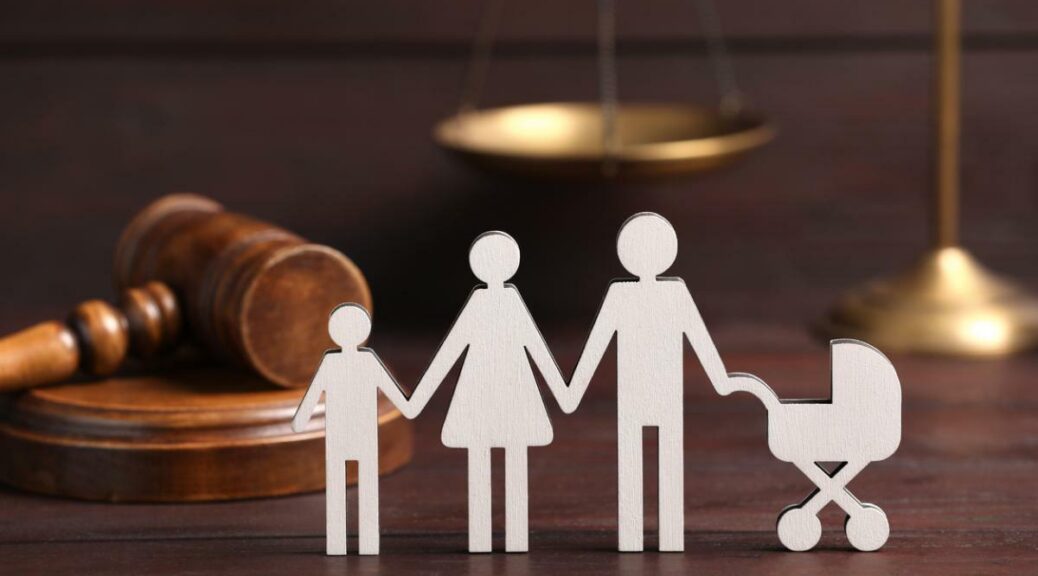Ex parte hearings, also known as emergency hearings, are common in family law cases. These hearings allow one party to request immediate court intervention without the other party being present. They are typically used in urgent situations where waiting for a regularly scheduled hearing would cause irreparable harm. CA Certified Family Law Specialist Judy L. Burger shares some vital insights about emergency hearings.
What Is An Ex Parte Hearing?
The term “ex parte” comes from Latin and translates to “from one party.” It refers to a request made by one party to present evidence to the court with minimal or no notice to other involved parties. In California, these hearings are allowed in cases where there is an imminent threat of significant harm, and immediate action is necessary to prevent it.
Ex parte hearings are not meant to bypass the regular legal process. Instead, they are intended to address urgent matters that cannot wait for a scheduled hearing. The party requesting the ex parte hearing must demonstrate to the court that a genuine emergency requires immediate attention.
These hearings are subject to specific legal procedures and requirements and are typically granted only when there is a compelling reason to do so. The party requesting the hearing must provide clear and convincing evidence to support their request, and the court will carefully consider the potential impact of granting the emergency relief.
When Should I Request an Ex Parte Hearing?
Family disagreements can quickly escalate. Relationships can sour and become highly emotional. Child custody discussions between parents can sometimes become tense or even escalate to violence. In California family court, if you anticipate that discussions could become volatile or if you feel threatened, you have the option to request an ex parte hearing. In such a hearing, the court may grant emergency orders to protect you and your child, even in the absence of the other parent or party, if there is sufficient evidence to support your request.
Common reasons to request an ex parte hearing include the following:
- To Protect a Child: Ex parte emergency orders are typically granted when there are allegations of child abuse, neglect, a threat of abduction, or other similar reasons when a child would need legal protection from serious harm.
- To Prevent Physical Harm: Ex parte orders can be granted to protect an adult from possible domestic violence or other causes of imminent and serious harm. Preventing a personal injury from a previously violent person is a justifiable cause for an ex parte emergency order of protection. This includes if one parent threatens harmful actions if a sole custody petition is filed with the court.
- To Prevent Financial Harm: Ex parte orders can also be requested if significant financial harm is imminent, threatened, or otherwise could cause serious loss to the victims. An example would be when one party claims a spouse is willfully destroying joint-owned property, leaving the first party without a means of support.
While ex parte hearings are relatively common in family law cases, they are reserved for urgent situations that require immediate court intervention. If you believe that you have a legitimate need for an ex parte hearing, it’s crucial to seek legal advice and assistance to ensure that your rights are protected and that the court fully understands the urgency of your situation.
California Ex Parte Hearings Attorney
In cases where custody matters are at risk due to impending harm or violence, or you feel threatened in any way, the Law Offices of Judy L. Burger can assist you in obtaining ex parte orders. If you find yourself in a situation where you or your child are facing abuse or feeling threatened, it is crucial to act.
A temporary restraining order may be necessary to safeguard you and your child from an abusive or manipulative spouse or parent. For immediate assistance in obtaining a restraining order, please reach out to the Law Offices of Judy L. Burger, which has eight offices across California to serve you.






